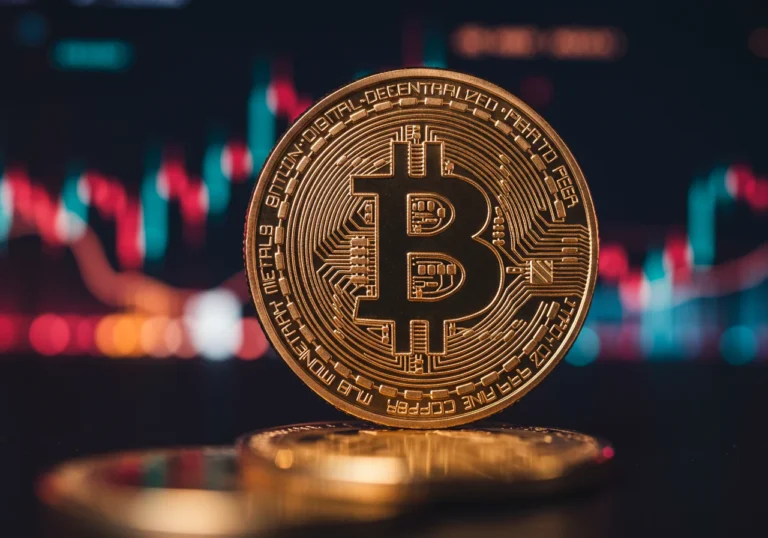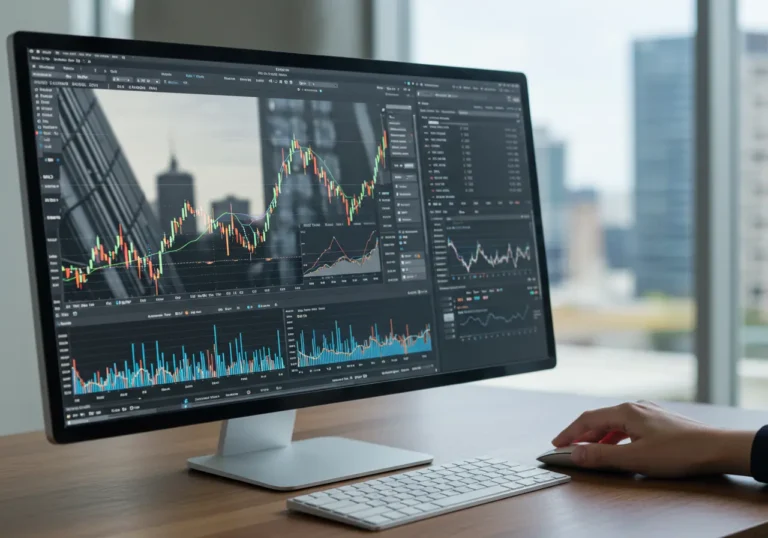U.S. Regulators Eye Crypto Spot Trading on Registered Futures Platforms — A Step Toward Unified Oversight
What’s happening now
The U.S. Commodity Futures Trading Commission (CFTC) is weighing a shift that could allow crypto spot trading on registered futures exchanges. This is more than a comment—it’s being framed as a major market structure reform.
Why This Matters (And Why It’s Unfolding Now)
Let’s unpack this—or in simple terms, let me tell you why this feels like a gentle earthquake in the world of crypto regulation:
- Reducing Fragmentation
Right now, crypto trading feels like a patchwork—some rules from the SEC, others from the CFTC, lines crossing. Allowing spot trading on futures markets is about streamlining that mess into one smooth path. - Legal Gaps, Addressed
The move aligns with the President’s Working Group on Digital Asset Markets, nudging the government toward a clear “who does what” framework—especially between the CFTC and SEC. - Institutional Appeal Grows
If top-tier, regulated platforms handle spot crypto, institutions may feel safer entering the game—especially those wary of offshore or unlicensed exchanges.
A Peek at the Bigger Picture
| Category | Insight |
|---|---|
| Market Structure | Easier navigation for traders amid overlapping regulations |
| Institutional Inflow | Regulated spot markets may draw more big-money participants |
| Risk Mitigation | Registered venues offer stronger oversight, transparency |
| Clarity & Consensus | Aligns with ongoing efforts to define roles for SEC & CFTC |
What’s Next?
The CFTC is inviting industry feedback. If all goes well, a formal rulemaking process could kick off as early as 2026. That could open doors for commodities exchanges to operate spot crypto in the U.S.—bringing a structured, regulated sense to markets often viewed as Wild West territory.
This doesn’t mean every crypto token will automatically be listed. But as a public, transparent path is built, expect more oversight, better liquidity, and deeper market access through exchanges that already have rigid standards.
Why This Matters to You
Think of this as crypto quietly growing up. If you’re an investor or trader, this may translate to:
- Better safety nets through regulated venues
- Lower barriers for institutions—which can bring volume and stability
- Potential fee compression as markets mature and competition deepens
- Keen need for regulatory literacy—knowing who governs what matters more now
Final Reflection
Spot trading on futures exchanges may sound technical, but it’s part of a larger shift—crypto gaining a place in structured, traditional finance. We’re watching not just policy change, but the turf of trading itself being redrawn.
Table of Contents

Edmilson Dias is the founder of CoinBringer, a site dedicated to educating people about cryptocurrency and helping users navigate the crypto space safely and responsibly. A passionate advocate for digital security and financial education, Edmilson Dias has spent years researching the blockchain ecosystem and translating complex concepts into accessible, practical content for beginners and experienced users alike.With a mission to build a safer and smarter crypto community, he focuses on creating high-quality tutorials, safety tips, and trustworthy insights to empower others in the rapidly evolving world of digital assets.
Discover more from CoinBringer
Subscribe to get the latest posts sent to your email.







